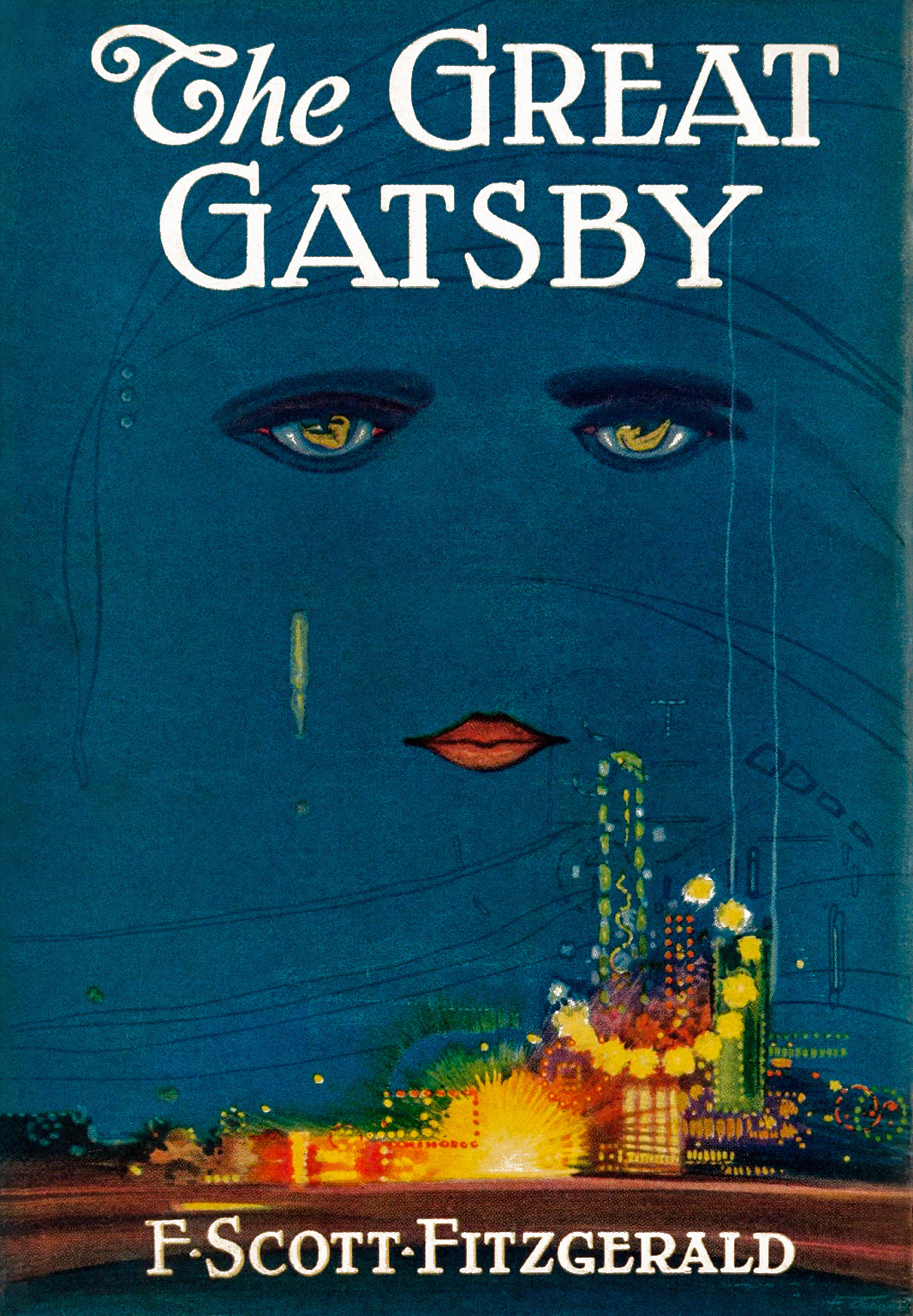- Senator Hawley Targets Minnesota AG Keith Ellison in Explosive Somali Fraud Exposé - February 26, 2026
- Bill Gates Comes Clean: Rare Apology for Epstein Ties and Extramarital Affairs Shocks the World - February 26, 2026
- Ohio Home Health Firm Draws Fire Over $1.2 Million PPP Windfall With No Digital Trail - February 26, 2026
The Early Lives of Hemingway and Fitzgerald

Ernest Hemingway hailed from Oak Park, Illinois, born in 1899 to a privileged family. His childhood was filled with outdoor adventures like fishing and hunting, which later seeped into his storytelling. World War I saw him volunteer as an ambulance driver for the Red Cross, an experience that left him wounded and deeply shaped his worldview. Hemingway’s encounters with war became central themes in his narratives, influencing his portrayal of courage and survival.
F. Scott Fitzgerald, on the other hand, was born in 1896 in St. Paul, Minnesota, into a middle-class environment. Unlike Hemingway, Fitzgerald was drawn to the allure of literature from a young age. Though he attended Princeton University, his academic journey was cut short by enlistment in the army during World War I. Despite never seeing battle, the war’s shadow loomed large over his generation, serving as a backdrop for his exploration of wealth, love, and societal status.
Hemingway’s Writing Style: Simple, Direct, and Powerful

Hemingway’s prose was a testament to simplicity and clarity, heavily influenced by his stint in journalism. He championed short sentences and direct descriptions, a style often referred to as the “Iceberg Theory.” This approach implied that the true essence of his stories lay beneath the surface, inviting readers to uncover deeper meanings. In classics like “The Old Man and the Sea” and “A Farewell to Arms,” Hemingway’s disciplined prose conveyed profound emotions with minimal words, emphasizing action and dialogue over ornate descriptions.
Fitzgerald’s Writing Style: Lyrical and Emotionally Rich

In stark contrast, Fitzgerald’s writing was a symphony of lyrical beauty and rich symbolism. His sentences unfurled like poetry, painting vivid imagery that resonated with readers. Fitzgerald had a knack for capturing life’s dual nature—its beauty and tragedy—through his characters and settings. “The Great Gatsby” is a prime example, where his lush prose breathes life into the opulence and despair of the Jazz Age. His ability to weave emotion and symbolism into his narratives distinguished him as a master storyteller.
The Great Gatsby: A Portrait of the American Dream
Published in 1925, “The Great Gatsby” stands as Fitzgerald’s magnum opus, widely regarded as a pinnacle of American literature. The novel follows Jay Gatsby, a mysterious millionaire whose extravagant parties mask his longing to rekindle a lost romance with Daisy Buchanan. Through Gatsby’s tragic pursuit, Fitzgerald critiques the illusion of the American Dream, revealing the emptiness behind wealth and status. Initially overlooked, the novel gained recognition posthumously, solidifying its status as a timeless critique of ambition and desire.
Hemingway’s The Old Man and the Sea: A Story of Strength and Perseverance

Hemingway’s “The Old Man and the Sea” (1952) narrates the tale of Santiago, an aging fisherman locked in an epic struggle with a giant marlin. This novel is a meditation on human endurance, determination, and the eternal battle against nature. Unlike Fitzgerald’s exploration of societal themes, Hemingway delved into the profound simplicity of human experiences. The book garnered the Pulitzer Prize, contributing to Hemingway’s Nobel Prize in Literature in 1954. Its minimalist yet impactful storytelling remains a hallmark of his literary prowess.
Hemingway vs. Fitzgerald: Personal Lives and Rivalry

The relationship between Hemingway and Fitzgerald was complex, marked by camaraderie and rivalry. They first crossed paths in 1925 Paris, amidst the vibrant “Lost Generation” of expatriate American writers. Despite mutual respect, their differences were apparent. Hemingway critiqued Fitzgerald for his emotional excesses, while Fitzgerald admired Hemingway’s talent but grappled with feelings of inadequacy. Their friendship frayed as Fitzgerald’s career faltered due to alcoholism and financial woes, while Hemingway’s success soared.
The Impact of War on Their Writing

War loomed large in both authors’ works, albeit from different perspectives. Hemingway, having witnessed combat firsthand, vividly portrayed the brutality and disillusionment of war in “A Farewell to Arms” and “For Whom the Bell Tolls.” Fitzgerald, though lacking direct combat experience, encapsulated the emotional scars of the post-war “Lost Generation” in characters like Gatsby. Their differing approaches to war themes underscored their unique narrative lenses.
Their Influence on American Literature

Hemingway and Fitzgerald’s influence on American literature is undeniable. Hemingway’s minimalist style redefined narrative techniques, inspiring writers such as Raymond Carver and Cormac McCarthy. Fitzgerald’s exploration of themes like wealth, love, and the American Dream resonated with authors from Truman Capote to Haruki Murakami. Their works continue to inspire and challenge readers, keeping their legacies alive.
Which Author Truly Defined American Literature?

Determining who defined American literature is no easy task, given the distinct contributions of both authors. Hemingway’s rugged individualism and concise prose reshaped storytelling conventions, while Fitzgerald’s emotional depth and societal critique captured the essence of American culture. Hemingway’s influence on modern writing is undeniable, yet Fitzgerald’s exploration of disillusionment and aspiration strikes a chord across generations. Both authors, in their unique ways, have left an indelible mark on the literary landscape.
The End of Their Lives and Their Legacy

Fitzgerald’s life ended tragically in 1940 at the age of 44, largely forgotten by the literary world. He never witnessed the eventual success of “The Great Gatsby.” Hemingway, plagued by depression and illness, took his own life in 1961. Despite their personal struggles, their literary legacies endure. Hemingway’s works remain widely read, while Fitzgerald’s exploration of the American Dream continues to resonate with readers worldwide.

Christian Wiedeck, all the way from Germany, loves music festivals, especially in the USA. His articles bring the excitement of these events to readers worldwide.
For any feedback please reach out to info@festivalinside.com

